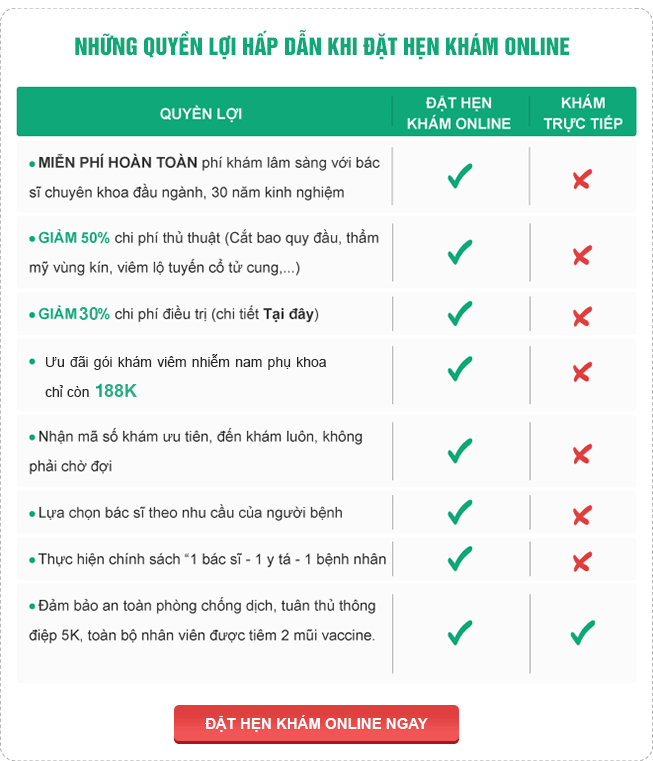CPA vs Enrolled Agent: Which is Best for Tax Return Preparation?
CPAs, with their broader accounting expertise and state licensure, are well-suited for complex financial needs and comprehensive financial planning. Your choice between an EA and a CPA should be guided by the complexity of your financial situation, your budget, and the specific services you require. Armed with this knowledge, you can confidently select the right tax professional to meet your needs.
Danh Mục
Differences Between Bookkeepers, Accountants, Certified Public Accountant (CPAs), and Enrolled Agents (EA)
But they’re not the only ones who can help people make sense of tax issues and concerns. If you’re considering a career focused on assisting clients with tax-related issues, you may be weighing your options between enrolled agent vs CPA. Massey and Company CPA offers a wide array of services that leverage the distinct expertise of both CPAs and EAs. The CPAs at the firm bring their extensive knowledge in financial accounting, corporate finance, and business consulting to help clients navigate complex financial landscapes.
- With 1040 Abroad, your international tax obligations are in knowledgeable and capable hands.
- EAs must also have or obtain a Preparer Tax Identification Number from the IRS, but this is required of anyone who prepares or even helps a taxpayer prepare a federal tax return.
- A CPA is not only qualified to prepare your taxes but also advise on other financial matters.
- A CPA’s expertise is based in accounting, taxes, managing audits, and filing taxes, and CPAs are the only individuals that have the ability to sign off on audited financial statements.
Most large businesses tend to go with CPAs as they offer additional services, reviewed, audited financial statements for large bank loans. For smaller, medium-sized businesses looking to keep things simple, compliant, though, EAs could be better. The cost for audit support varies and will significantly raise the overall cost of CPA services. For instance, fees for IRS audit representation start at $5,000 or more, depending on the complexity of the audit. These rates often apply to a variety of services, including is it better to use a bookkeeper cpa or enrolled agent to file your taxes tax return preparation and IRS tax and audit representation.
When to hire an EA enrolled agent?
When you hire a tax expert for SMBs, you will want to take a few things into consideration. Both a Certified Public Accountant and a federally licensed Enrolled Agent can be a lot of help to your business. Both are highly trained, but there are differences that you should keep in mind.
About LUCA Taxes and Bookkeeping
- When deciding on whether to hire a CPA or EA for tax preparation, it’s important to weigh up the pros and cons of each and to consider your own circumstances.
- Bookkeepers perform technical transactions requiring less proficiency and training than accountants.
- To become an EA, individuals must either pass a comprehensive three-part exam covering all aspects of tax law or qualify through prior experience working for the IRS.
- Expert advisors (EAs) have extensive expertise in all aspects of taxation.
- For instance, an EA may be more cost-effective if a small business owner only needs tax preparation and planning assistance.
Besides a college degree, CPAs also have an extra 30 hours of college coursework. To learn more about how we manage and simplify payroll for small businesses, check out The Connected Guide to Small Business Payroll. We use a third-party service to translate the website content that may collect data about your activity. Please review the details in the privacy policy and accept the service to view the translations. Whether you hire us or an employee within your company, you will need a bookkeeper. Here’s a clear breakdown to help you understand the difference—and choose what’s right for your business.
What Qualifications Should You Look for in a Tax Preparer?
The scale ranges from , and scores are available immediately after you complete the test. If you fail, you receive a diagnostic assessment to help you prepare to take the test again. Like any other test, the special enrollment exam rewards those who do a little preparation .They can make four attempts during each exam window.
A tax preparer who is both an Enrolled Agent and a CPA (New Hampshire) very well aware of the tax situation of US citizens living abroad. At 1040 Abroad, we also offer free tax advice via email by our Enrolled Agents who are specifically trained in international taxation. This service is designed to provide you with accessible, expert advice at your convenience, ensuring that you always have the support you need, no matter where in the world you are. This is where it can get tough because often tax people are busy, especially this time of year, and they don’t often take the time to educate a small business owner on going forward or making small changes. That way you don’t have to be on the phone with QuickBooks support for hours and never get your question answered.
In contrast, a CPA may better fit a business owner who needs more comprehensive financial planning and management services. Naturally, you should consider the qualifications and experience of any accounting professional you work with. Understanding these differences can help small business owners or self-employed individuals choose the right professionals for their tax needs. Their sole focus is being the go-to expert on tax laws to help clients navigate their cases with the IRS, like, for example, settling tax debt.
Even if you’re not a numbers person, even you can master the skills needed. By combining our expertise, experience and the energy of our staff, each client receives close personal and professional attention. Yes, both EAs and CPAs can represent clients before the IRS, but EAs have unlimited representation rights nationwide, while CPAs are restricted to the states in which they are licensed. Both Enrolled Agents and Certified Public Accountants enjoy diverse career opportunities across various sectors. They commonly find employment in public accounting firms, corporate finance departments, and even government agencies.
Enrolled agents must pass the Special Enrollment Examination (SEE), a comprehensive three-part exam the IRS administers. Additionally, candidates must demonstrate their knowledge of individual and business tax returns, including specialized returns. An Enrolled Agent is a federally licensed tax pro with the highest professional credential offered by the IRS. To become an EA, an individual must either pass the comprehensive SEE exam (Special Enrollment Exam) given by the IRS or gain enough experience working for the IRS directly for at least five years.







